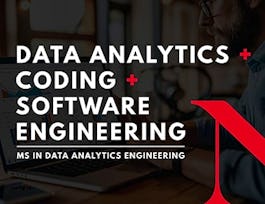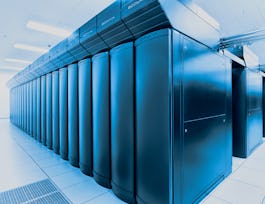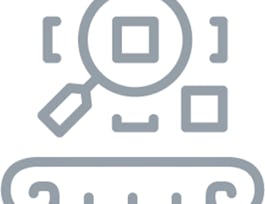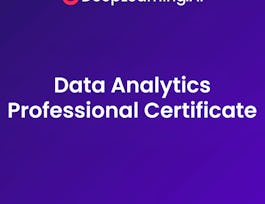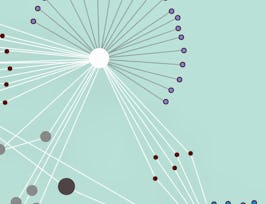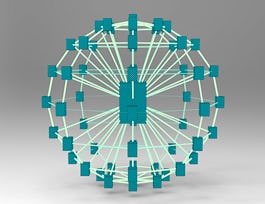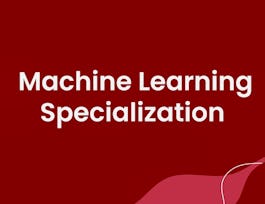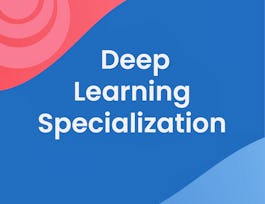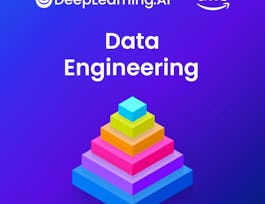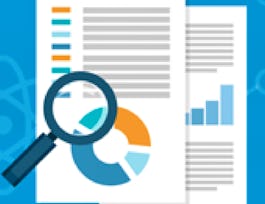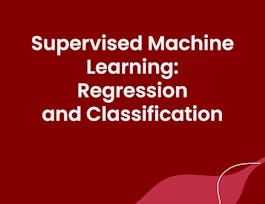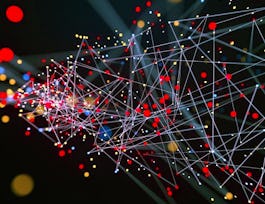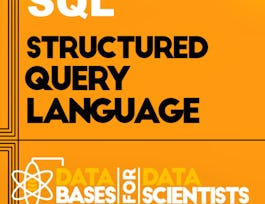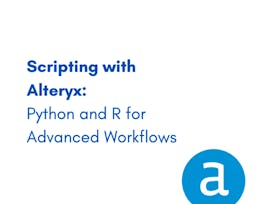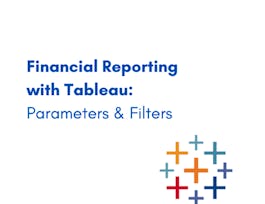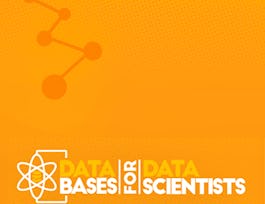Earn Your Degree
Most Popular Courses
New Data Science Courses
Work Toward your University of Illinois MCS in Data Science
Best of Machine Learning & AI
Build Your Resume with Analytics & Data Science Skills
Becoming a Data Scientist
Skills for Data Science Teams
Top Rated Courses
Nuts and Bolts of Machine Learning & AI
Master Fundamental Math Skills and Statistics for Data Science
Launch Your Career
Most Popular Certificates
Recently Launched Guided Projects
Get Started with Data Science Foundations
Data Science for Non-Practitioners
Frequently Asked Questions about Data Science
Anyone can learn data science, and no prior knowledge or experience is needed to start learning today. Generally, you should have some computer skills and an interest in gathering, interpreting, and presenting data. Learners with a basic understanding of statistics and coding may be able to skip some of the introductory courses.
Learn more: 7 Skills Every Data Scientist Should Have
Embarking on a career in data science can be rewarding, especially for analytical thinkers who enjoy coding and working with data. Data scientists should feel comfortable learning various coding languages, maneuvering data systems and tools to collect and analyze data, and using that data to solve problems. Developing strong communication skills helps because you’ll often work with teams to deliver insights. Data science also provides a solid foundation for machine learning and AI, a popular and growing field. In just a few months, you can learn data science skills that can be applied to many industries.
Learn more: Data Science Jobs Guide: Resources for a Career in Tech
Beginners may want to consider courses and Professional Certificates since they require less time and money to gain the skills you’ll need to land an entry-level position. If you’re hesitant about signing up for a certificate, you can start with What is Data Science? (the first course in IBM’s Data Science Professional Certificate), or a free course like Introduction to Statistics, both of which are suitable for career switchers.
If you don’t have a bachelor’s degree, and want to invest time and money in one, consider the University of London’s Computer Science program to earn your degree completely online. For those already working in data science, the University of Michigan’s Master of Applied Data Science program could help advance your career.
Within data science, common jobs include data scientist, data analyst, data architect, and data engineer. Data science skills can be extremely useful for business and marketing analysts, who often use system tools to extract and analyze data. It is a high-demand field and skill set, and nearly every industry uses data science in one way or another.
Learn more: Your Guide to Data Science Careers (+ How to Get Started)
Let our Help Center guide you through answering your questions.
Online Data Science courses offer a convenient and flexible way to enhance your knowledge or learn new Data Science skills. Choose from a wide range of Data Science courses offered by top universities and industry leaders tailored to various skill levels.
When looking to enhance your workforce's skills in Data Science, it's crucial to select a course that aligns with their current abilities and learning objectives. Our Skills Dashboard is an invaluable tool for identifying skill gaps and choosing the most appropriate course for effective upskilling. For a comprehensive understanding of how our courses can benefit your employees, explore the enterprise solutions we offer. Discover more about our tailored programs at Coursera for Business here.
Other topics to explore
What Coursera Has to Offer
| Learning program | Description |
|---|---|
Guided Project | Learn a job-relevant skill that you can use today in under 2 hours through an interactive experience guided by a subject matter expert. Access everything you need right in your browser and complete your project confidently with step-by-step instructions. |
Project | Learn a new tool or skill in an interactive, hands-on environment. |
Course | Take courses from the world's best instructors and universities. Courses include recorded auto-graded and peer-reviewed assignments, video lectures, and community discussion forums. When you complete a course, you’ll be eligible to receive a shareable electronic Course Certificate for a small fee. |
Specialization | Enroll in a Specialization to master a specific career skill. You’ll complete a series of rigorous courses, tackle hands-on projects, and earn a Specialization Certificate to share with your professional network and potential employers. |
Professional Certificate | Whether you’re looking to start a new career or change your current one, Professional Certificates on Coursera help you become job ready. Learn at your own pace from top companies and universities, apply your new skills to hands-on projects that showcase your expertise to potential employers, and earn a career credential to kickstart your new career. |
MasterTrack® Certificate | With MasterTrack® Certificates, portions of Master’s programs have been split into online modules, so you can earn a high quality university-issued career credential at a breakthrough price in a flexible, interactive format. Benefit from a deeply engaging learning experience with real-world projects and live, expert instruction. If you are accepted to the full Master's program, your MasterTrack coursework counts towards your degree. |
Degree | Transform your resume with a degree from a top university for a breakthrough price. Our modular degree learning experience gives you the ability to study online anytime and earn credit as you complete your course assignments. You'll receive the same credential as students who attend class on campus. Coursera degrees cost much less than comparable on-campus programs. |




